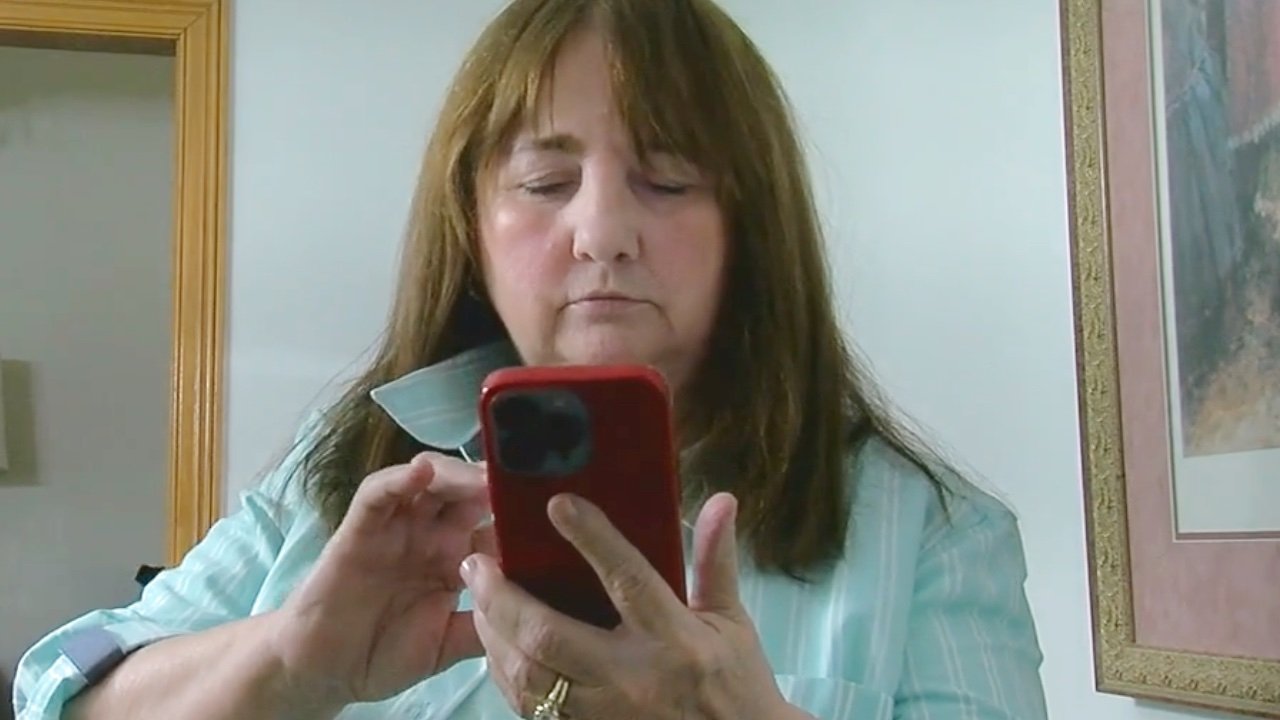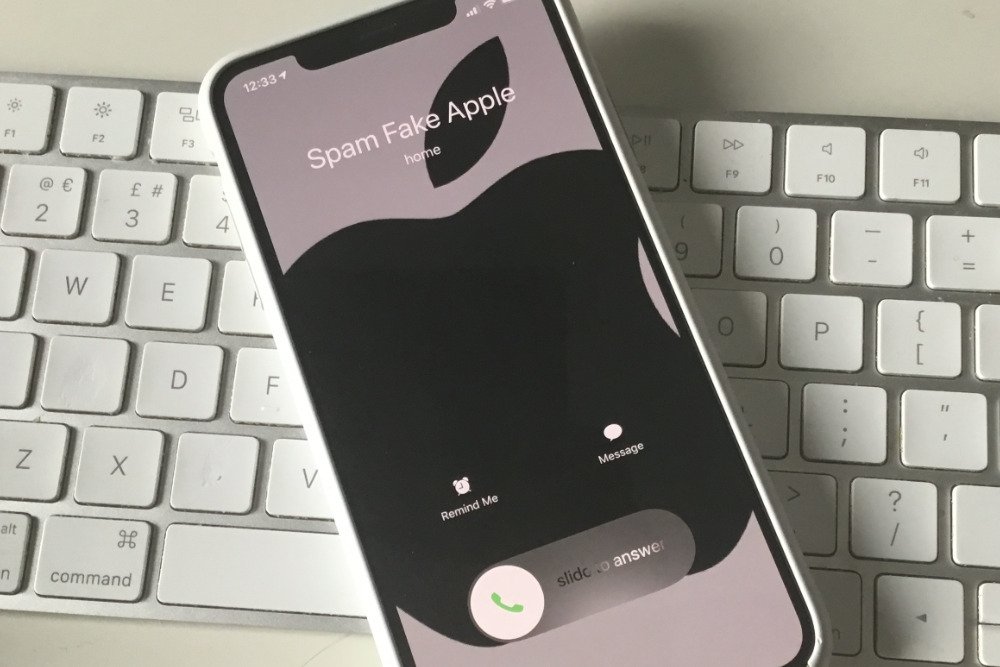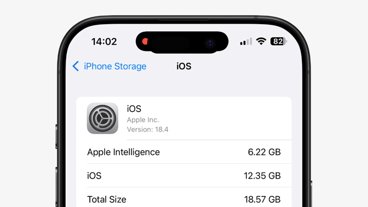As another victim loses $1,500 to scammers posing as Apple support, here's how to spot a fake — and prevent it from happening to you.
If you're a Mac user, it used to be almost amusing when you'd get that urgent call from someone saying they were from Microsoft and that you are somehow in dire trouble with your PC. "Uh-huh," you could say, "does sound like Windows, yes," before you hung up.
Now according to KMGH television in Denver, you're now as likely to get such callers claiming to be from Apple. And the TV station cites as proof the single case of local resident Cookie Pridemore, who got taken for $1,500.
Pridemore bought an iPhone 13 and, for reasons not disclosed, had some problem. "I got locked out of it," she said, "and there was no way I could get back into it."
"So I googled 'Apple Customer Service' off my husband's phone," she continued, and then dialled the number. "The woman answered, she said she would be more than happy to help me."
But then, reportedly so quickly that it couldn't be stopped, this scammer got access to Pridemore's bank account. "She was inside my account and zoom, zoom, zoom, started transferring money out by Zelle."
Hold on a second
You read that and you know that there had to be some steps between the phone call being answered and the money being transferred. KMGH alternates between presenting this has a crime anyone could fall for, or as an example of just how devilishly clever scammers are.
Yet scammers are clever, even if they didn't have to be in this case. Scammers make their money out of fooling people and they are very, very good at it.
So even if you wouldn't have been fooled by a scammer saying she needs all your bank account details to fix a phone, there are scammers who can and will find a way to con you. It's their job, and people who are scammed are not foolish, they have been successfully fooled.
They could do an awful lot more to avoid it than this Denver resident appears to have done, though.
How to avoid fake support people
If it's the scammer who phones you, then it's easy. "If you get an unsolicited or suspicious phone call from someone claiming to be from Apple or Apple Support," says Apple in a detailed support document, "just hang up."
That's true even if you happen to have memorized Apple phone numbers, or have them in your Contacts. For you can't trust it when caller display appears to say the call comes from them.
"Scammers use fake Caller ID info to spoof phone numbers of companies such as Apple and often claim that there's suspicious activity on your account or device to get your attention," continues Apple. "Or they may use flattery or threats to pressure you into giving them information, money and even Apple gift cards."
You can also report the call to the FTC at its reportfraud.ftc.gov site, or your local police. It's much the same with unsolicited emails and messages, especially with any misspellings.
In the Denver resident's case, she phoned the scammers. Only, as KMGH says, Google searches can turn up phone numbers for these fake services.
So don't use Google. If you have a problem with an Apple device, it might be fastest to search AppleInsider.com for advice, but otherwise, you can go straight to Apple.com.
Or alternatively, download Apple's official support app from the App Store.
Once you're on a call with a scammer, you obviously don't know that they are fake, but you will very quickly get some clues.
This is not how Apple makes money
Apple is very good at getting cash out of you, but it never does so by asking for your bank details. Or your social security number. They're not going to fix a bricked iPhone by knowing your date of birth or your Apple ID password.
If they ask for any of that, if they even allude to how helpful it would be for you to tell them your passwords, hang up.
It appears that Pridemore must have given the scammer her bank details, since she was reportedly locked out of her iPhone. Had she been able to use the phone, though, she could have been asked to download an app from a link the scammer happens to have ready.
That one sounds laughable: yeah, oh sure, let me install some of your nice malware onto my phone and let's swap holiday snaps while you rob me blind.
Only, genuine Apple support people can do certain types of remote diagnostics and, again, scammers can be very, very convincing because they have to be.
So don't listen, don't evaluate what they're saying, just hear the words "link" or "download" and hang up.
Protect yourself
You can get your iPhone to block spam calls, texts and social media messages. Only, depending on your work, your income might rely on not having unknown numbers instantly blocked.
So some of those blocking solutions are a bit too heavy-handed, but they might be what you need.
What you definitely need is two-factor authentication.
That Denver resident is out $1,500, or more than the cost of the iPhone 13 she bought. You have to feel for her, but she did make mistakes, and she did take risks that were unnecessary.
Whereas KMGH did what local news tends to do, which is ramp up the dangers into national calamity, and downplay the victim into being blameless. It doesn't mean that there is a tsunami of fake Apple support callers.
It does mean there are scammers out there who are quite willing to take your cash, unless you protect yourself.
 William Gallagher
William Gallagher









 Brian Patterson
Brian Patterson
 Charles Martin
Charles Martin


 Malcolm Owen
Malcolm Owen

 Christine McKee
Christine McKee
 Marko Zivkovic
Marko Zivkovic








